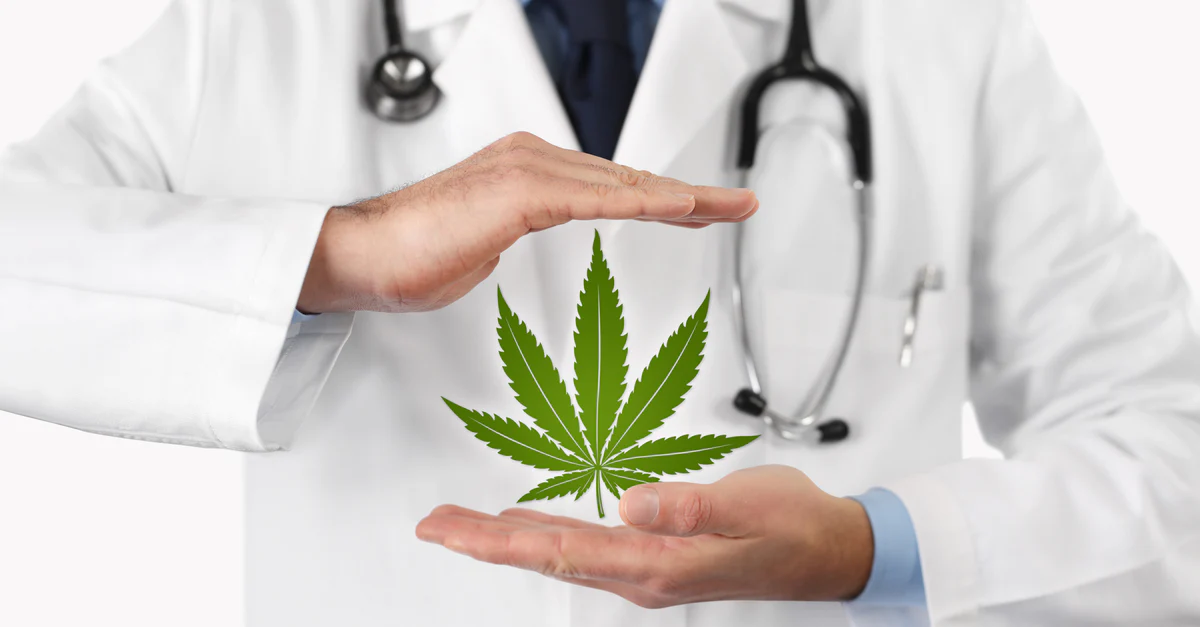Introduction:
Living with Attention Deficit Hyperactivity Disorder (ADHD) presents unique challenges for individuals striving to maintain focus and manage impulsivity. While traditional medications like stimulants are commonly prescribed, some are exploring alternative treatments, including marijuana. In this blog post, we delve into how marijuana helps ADHD patients promote wellness, addressing concerns about its safety, exploring top cannabis strains for ADHD, discussing the process of obtaining medical marijuana recommendations online, and summarizing key takeaways for consideration.
Marijuana for ADHD:
The use of marijuana to alleviate symptoms of ADHD has gained attention in recent years. Advocates argue that certain compounds in marijuana, particularly cannabinoids like tetrahydrocannabinol (THC) and cannabidiol (CBD), can have therapeutic effects on ADHD symptoms. THC, known for its psychoactive properties, may help regulate dopamine levels in the brain, potentially improving focus and attention. CBD, on the other hand, is non-psychoactive and has been studied for its potential to reduce anxiety and impulsivity, common challenges for individuals with ADHD.
Research on the effectiveness of marijuana for ADHD is still in its early stages, with limited clinical trials available. However, anecdotal evidence from individuals with ADHD who use marijuana suggests improvements in concentration, mood regulation, and overall quality of life. It’s essential for individuals considering marijuana as a treatment to consult with healthcare professionals to weigh potential benefits against risks and explore other conventional treatment options.
Is it Safe for Children? One of the most pressing questions surrounding the use of marijuana for ADHD is its safety, especially for pediatric patients. While some parents may be hesitant to explore cannabis as a treatment for their child’s ADHD, it’s crucial to differentiate between recreational use and medicinal use under the guidance of healthcare professionals.
Studies examining the long-term effects of marijuana use on the developing brain are inconclusive, raising concerns about the potential impact of regular cannabis consumption, particularly in children and adolescents. However, some pediatric neurologists and psychiatrists cautiously explore the use of CBD-rich strains with minimal THC content for pediatric patients with severe ADHD symptoms resistant to conventional treatments. These specialists emphasize careful monitoring, precise dosing, and ongoing evaluation to ensure the safety and efficacy of cannabis-based treatments for pediatric ADHD.
Top Cannabis Strains for ADHD: Not all marijuana strains are created equal when it comes to managing ADHD symptoms. While some strains may exacerbate anxiety or impair cognitive function, others may offer calming and focusing effects. Here are some top cannabis strains commonly recommended for individuals with ADHD:
- Harlequin: Known for its high CBD content and low THC levels, Harlequin is prized for its ability to provide relief from anxiety and promote mental clarity without inducing significant psychoactive effects.
- Sour Diesel: This energizing strain is favored by some individuals with ADHD for its uplifting and mood-enhancing properties. It may help improve focus and concentration while combating fatigue and apathy.
- Blue Dream: A hybrid strain with balanced levels of THC and CBD, Blue Dream offers a gentle euphoria accompanied by a sense of relaxation and mental clarity. It’s often recommended for daytime use to support productivity and creativity.
- Green Crack: Despite its provocative name, Green Crack is valued for its invigorating effects that can enhance alertness and mental sharpness. It’s suitable for individuals seeking an alternative to traditional ADHD medications without sedative side effects.
Get MMJ Recs Online: Obtaining medical marijuana recommendations online has become increasingly accessible and convenient for individuals seeking alternative treatments for ADHD. Several telemedicine platforms connect patients with licensed healthcare professionals who specialize in medical cannabis evaluations. These online consultations allow patients to discuss their medical history, symptoms, and treatment goals with knowledgeable providers, who can then assess whether medical marijuana may be a suitable option.
Once approved, patients receive a medical marijuana recommendation or certification, enabling them to purchase cannabis products from licensed dispensaries in their state. It’s essential for patients to familiarize themselves with local laws and regulations regarding medical marijuana use and to obtain products from reputable sources to ensure quality and safety.
Key Takeaways:
- Marijuana may offer potential benefits for individuals with ADHD, including improved focus, mood regulation, and anxiety reduction.
- Consultation with healthcare professionals is essential to evaluate the suitability of marijuana as a treatment option and to monitor for potential risks.
- Parents considering marijuana for pediatric ADHD should exercise caution and seek guidance from pediatric specialists.
- Certain cannabis strains, such as those high in CBD and low in THC, may be more suitable for managing ADHD symptoms.
- Online platforms offer convenient access to medical marijuana evaluations, but patients should ensure compliance with local laws and regulations.
In conclusion, while marijuana holds promise as a complementary treatment for ADHD, further research is needed to fully understand its efficacy and safety profile. Individuals considering marijuana as part of their ADHD management plan should approach it with careful consideration, consulting with healthcare professionals and exploring all available treatment options. With proper guidance and monitoring, marijuana may indeed contribute to promoting wellness and improving quality of life for individuals living with ADHD.

